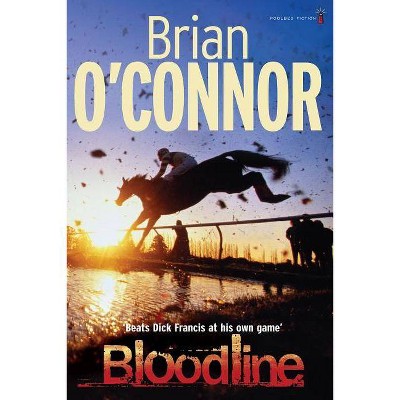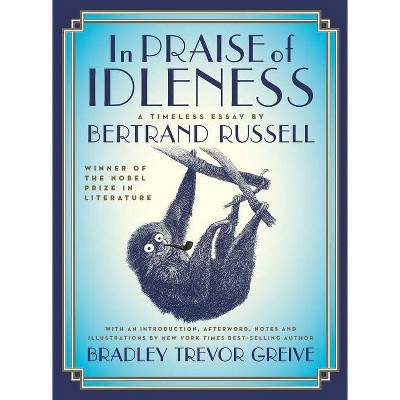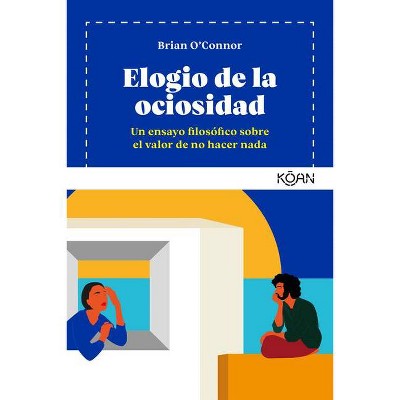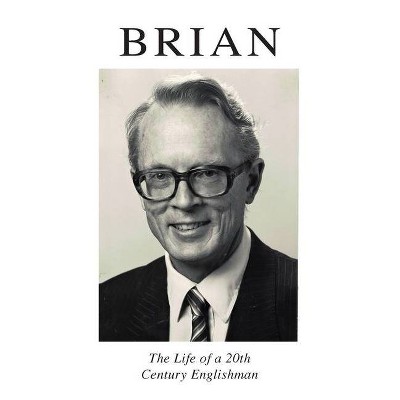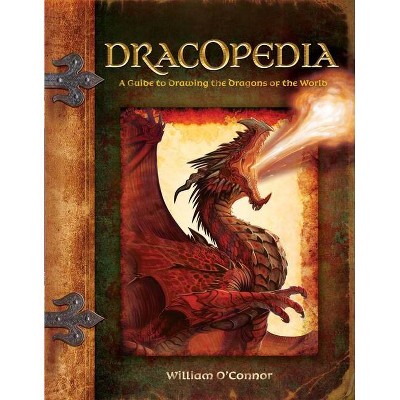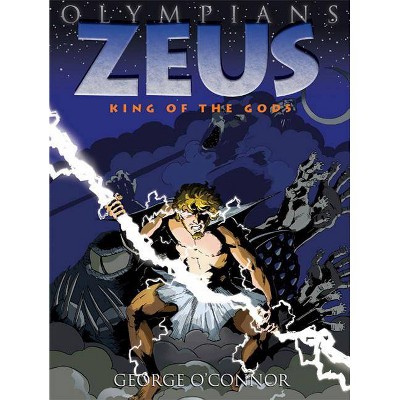Idleness - by Brian O'Connor (Hardcover)
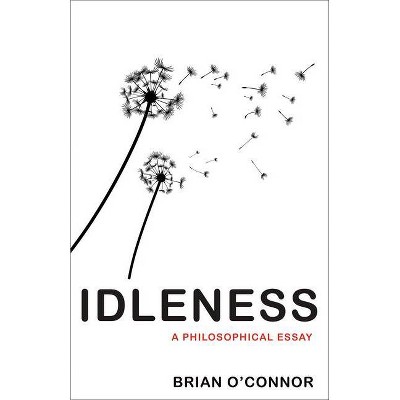
Similar Products
Products of same category from the store
AllProduct info
<p/><br></br><p><b> About the Book </b></p></br></br>"For millennia, idleness and laziness have been regarded as vices. We're all expected to work to survive and get ahead, and devoting energy to anything but labor and self-improvement can seem like a luxury or a moral failure. Far from questioning this conventional wisdom, modern philosophers have worked hard to develop new reasons to denigrate idleness. In Idleness, the first book to challenge modern philosophy's portrayal of inactivity, Brian O'Connor argues that the case against an indifference to work and effort is flawed--and that idle aimlessness may instead allow for the highest form of freedom. Idleness explores how some of the most influential modern philosophers drew a direct connection between making the most of our humanity and avoiding laziness. Idleness was dismissed as contrary to the need people have to become autonomous and make whole, integrated beings of themselves (Kant); to be useful (Kant and Hegel); to accept communal norms (Hegel); to contribute to the social good by working (Marx); and to avoid boredom (Schopenhauer and de Beauvoir). O'Connor throws doubt on all these arguments, presenting a sympathetic vision of the inactive and unserious that draws on more productive ideas about idleness, from ancient Greece through Robert Burton's Anatomy of Melancholy, Schiller and Marcuse's thoughts about the importance of play, and recent critiques of the cult of work. A thought-provoking reconsideration of productivity for the twenty-first century, Idleness shows that, from now on, no theory of what it means to have a free mind can exclude idleness from the conversation"--Dust jacket flap.<p/><br></br><p><b> Book Synopsis </b></p></br></br><p><b>The first book to challenge modern philosophy's case against idleness, revealing why the idle state is one of true freedom</b> <p/>For millennia, idleness and laziness have been regarded as vices. We're all expected to work to survive and get ahead, and devoting energy to anything but labor and self-improvement can seem like a luxury or a moral failure. Far from questioning this conventional wisdom, modern philosophers have worked hard to develop new reasons to denigrate idleness. In <i>Idleness</i>, the first book to challenge modern philosophy's portrayal of inactivity, Brian O'Connor argues that the case against an indifference to work and effort is flawed--and that idle aimlessness may instead allow for the highest form of freedom. <p/><i>Idleness </i>explores how some of the most influential modern philosophers drew a direct connection between making the most of our humanity and avoiding laziness. Idleness was dismissed as contrary to the need people have to become autonomous and make whole, integrated beings of themselves (Kant); to be useful (Kant and Hegel); to accept communal norms (Hegel); to contribute to the social good by working (Marx); and to avoid boredom (Schopenhauer and de Beauvoir). <p/>O'Connor throws doubt on all these arguments, presenting a sympathetic vision of the inactive and unserious that draws on more productive ideas about idleness, from ancient Greece through Robert Burton's <i>Anatomy of Melancholy</i>, Schiller and Marcuse's thoughts about the importance of play, and recent critiques of the cult of work. A thought-provoking reconsideration of productivity for the twenty-first century, <i>Idleness</i> shows that, from now on, no theory of what it means to have a free mind can exclude idleness from the conversation.</p><p/><br></br><p><b> From the Back Cover </b></p></br></br><p> "<i>Idleness</i> is engagingly written, stimulating, and illuminating. Brian O'Connor handles his material deftly, taking the reader to the heart of the issues."<b>--Michael Rosen, author of <i>Dignity: Its History and Meaning</i></b></p><p> "This valuable book tackles an issue both timeless and urgent today: to what extent is an idle life a good life?"<b>--Mark Kingwell, University of Toronto</b></p><p/><br></br><p><b> Review Quotes </b></p></br></br><br>O'Connor's vision of idleness is very ambitious and compelling, and the implications of the kind of shift he advocates are not insignificant . . . . [A]n exhilarating read.<b>---Anthony Morgan, <i>The Philosopher</i></b><br><br>A Choice Outstanding Academic Title of the Year<br><br>[A]n alternative and altogether refreshing take on our favourite deadly sin.<b>---Sarah Murdoch, <i>Toronto Star</i></b><br><br>Brian O'Connor offers a systematic attempt not only to defend idling, but also to convince sceptics that it is more than just a bit of fun. . . . [<i>Idleness </i>is] a concise well-argued and highly readable contribution to this literature.<b>---Harry R. Lloyd, <i>Times Literary Supplement</i></b><br><br>Cogent and accessible, <i>Idleness</i> is especially good at identifying inconsistencies in the 'worthiness myth' (the obligation to become worthy on one's humanity through self-realization and industry) advanced by influential Western philosophers.<b>---Glenn C. Altschuler, <i>Tulsa World</i></b><br><br>The book's focus on the post-Kantian tradition is its great strength. Engaging with that tradition is a uniquely valuable way to bring certain contemporary assumptions about the good life into view.<b>---Robert Piercey, <i>Philosophy in Review</i></b><br><br>This lucid, concise, and rewarding book claims not to advocate for this idle, free life, but to be only critical of the other, accepted, opinions.<b>---Bartholomew Begley, <i>Books Ireland</i></b><br><p/><br></br><p><b> About the Author </b></p></br></br><b>Brian O'Connor</b> is professor of philosophy at University College Dublin. He is the author of <i>Adorno</i> and <i>Adorno's Negative Dialectic</i>.
Price History
Price Archive shows prices from various stores, lets you see history and find the cheapest. There is no actual sale on the website. For all support, inquiry and suggestion messages communication@pricearchive.us
